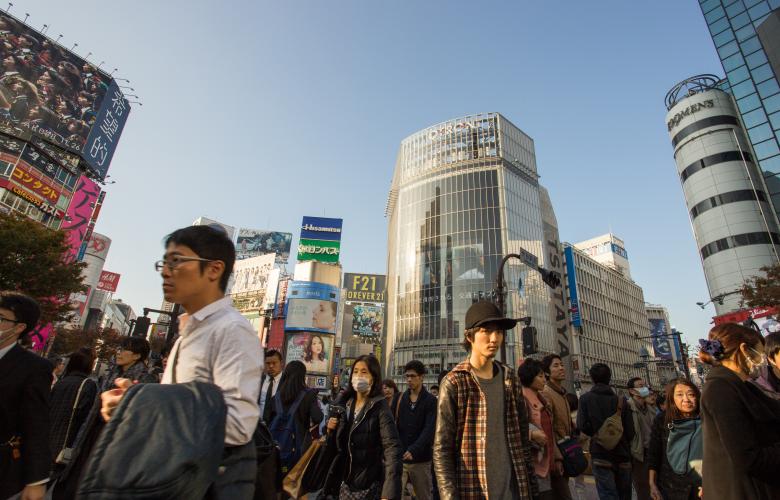The Bank of Japan has been described as a "trailblazer for the US and Europe" ahead of the 20-year anniversary of its introduction of zero interest rates.
In an article on its website, New York business media company Bloomberg examines what led to the groundbreaking decision, while also detailing its long-term impact on the global economy.
The Bank of Japan is credited as taking centralised banking into "uncharted waters" with the move, which was a response to a market left reeling from the doubling of yields on Japan's 10-year bonds and a surge in the yen.
While unprecedented at the time, it would prove to be an example followed by Federal Reserve and European Central Bank during the Global Financial Crisis in 2008.
The implentation of the policy has not been without obstacles, with the Bank of Japan choosing to increase rates by 0.25 per cent just a year-and-a-half after bringing them down to zero.
The burst of the dot com bubble in 2001 would prompt the bank to revert back to its initial stance, while also adding quantitive easing.
Another attempt to raise rates was made in 2006, only for them to be cut again during the GFC.
According to Bloomberg, Japan's 20-year experience "shows the limits of what central banks can do on their own and underscores the importance of broader economic reform and fiscal policy that dovetails with monetary programs".
“It was a choice - slow death or risky but powerful treatment,” Bloomberg economics commentator Yuki Masujima said.
“Sooner or later the break-even point will come, but it’s much easier to introduce policy than it is to exit.”
Source: Bloomberg
Similar to this:
What Does 2019 Hold for Japan Real-Estate Investment? - Part 1
Taking out a home loan: How much house can you afford in Japan?
What happens to your home loan if your house is destroyed in a natural disaster?





